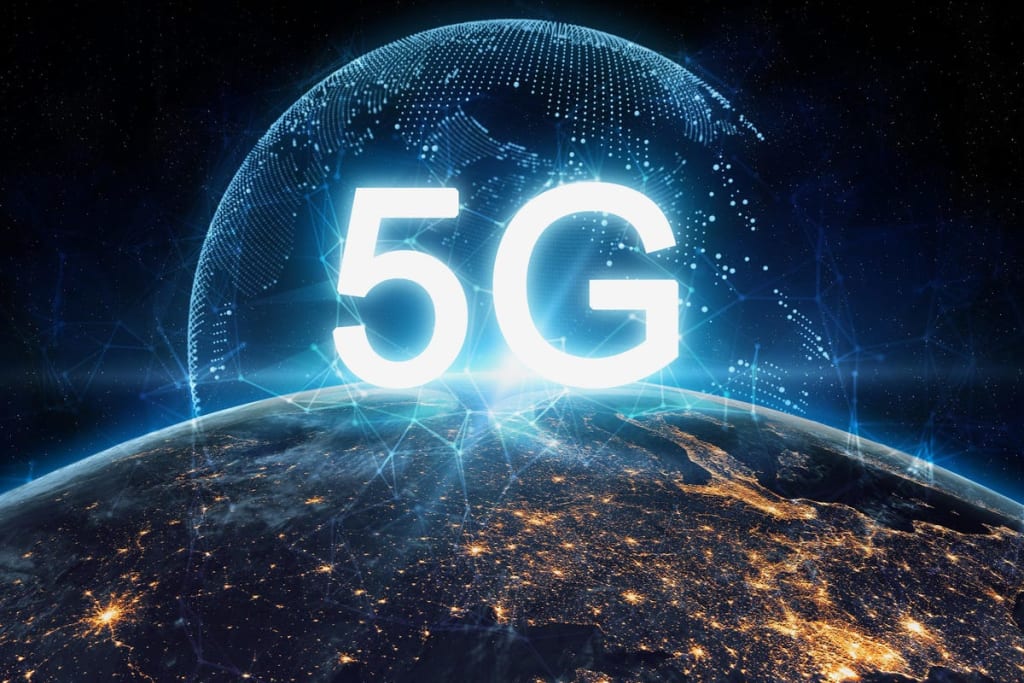"Unraveling the 5G Conspiracy Theories: Separating Fact from Fiction"
"From Health Concerns to Government Control: The Truth Behind the 5G Conspiracy Theories"

The rollout of 5G technology has been met with both excitement and controversy. While many people are excited about the potential for faster internet speeds and improved connectivity, others have raised concerns about the health effects and potential government control associated with the technology. These concerns have led to the spread of 5G conspiracy theories, which claim that the technology is dangerous and even malicious.
One of the most common 5G conspiracy theories is that the technology is harmful to human health. Some believe that exposure to the radiation from 5G towers can cause cancer, infertility, and other health problems. However, scientific studies have repeatedly shown that 5G technology is not harmful to human health. The World Health Organization has even stated that there is no evidence to suggest that 5G technology is any more harmful than previous generations of wireless technology.
Another 5G conspiracy theory is that the technology is being used by the government to spy on its citizens. Some believe that 5G towers will be used to monitor people's movements and conversations, and that the technology is part of a larger plan for government control. However, there is no evidence to support these claims, and they are likely based on a misunderstanding of how the technology works.
The rollout of 5G technology has also led to concerns about the potential for job loss and economic disruption. Some believe that the technology will lead to the automation of many jobs and the displacement of workers. While there may be some truth to these concerns, they are not unique to 5G technology and are part of a larger trend towards automation and technological advancement.
Despite the lack of evidence to support 5G conspiracy theories, they continue to persist and are often spread on social media and other online platforms. The spread of misinformation and conspiracy theories can be dangerous, as it can lead to unwarranted fear and mistrust in technology.
It is important to approach discussions about 5G technology with a critical and rational perspective. While there may be legitimate concerns about the rollout of new technology, these concerns should be based on scientific evidence and a nuanced understanding of the issues at hand.
One of the challenges in combatting 5G conspiracy theories is that they are often fueled by emotions and fear rather than rational analysis. As such, it is important to address the underlying psychological factors that contribute to these beliefs.
Studies have shown that people who believe in conspiracy theories tend to be more likely to see patterns and connections where none exist, and they are more likely to distrust authority figures and institutions. These traits can make it easier for conspiracy theories to take hold, as people are more likely to believe in them if they already have a predisposition towards distrust.
Another challenge in combatting 5G conspiracy theories is the role that social media and online platforms play in spreading misinformation. Social media algorithms can create filter bubbles where people are only exposed to information that confirms their existing beliefs, making it more difficult to challenge their assumptions.
To combat the spread of 5G conspiracy theories, it is important to promote media literacy and critical thinking skills. This includes educating people on how to evaluate sources of information and distinguish between fact and fiction.
It is also important to hold social media companies accountable for the spread of misinformation on their platforms. While social media companies have taken steps to address the issue, such as banning accounts that spread false information, more needs to be done to combat the spread of dangerous conspiracy theories.
In conclusion, the 5G conspiracy theories are largely based on fear and misinformation, and are not supported by scientific evidence. As we continue to move towards the future of technology, it is important to approach these discussions with a rational and informed perspective, and to promote media literacy and critical thinking skills. By addressing the underlying psychological factors that contribute to these beliefs and holding social media companies accountable, we can work towards a more informed and rational society.
About the Creator
Muhammad Hamza
I'm Hamza, Passionate writer on personal growth, wellness, and technology. Providing compelling insights and thought-provoking content for an exciting journey of discovery.Join me on this exciting journey of exploration and discovery.






Comments
There are no comments for this story
Be the first to respond and start the conversation.